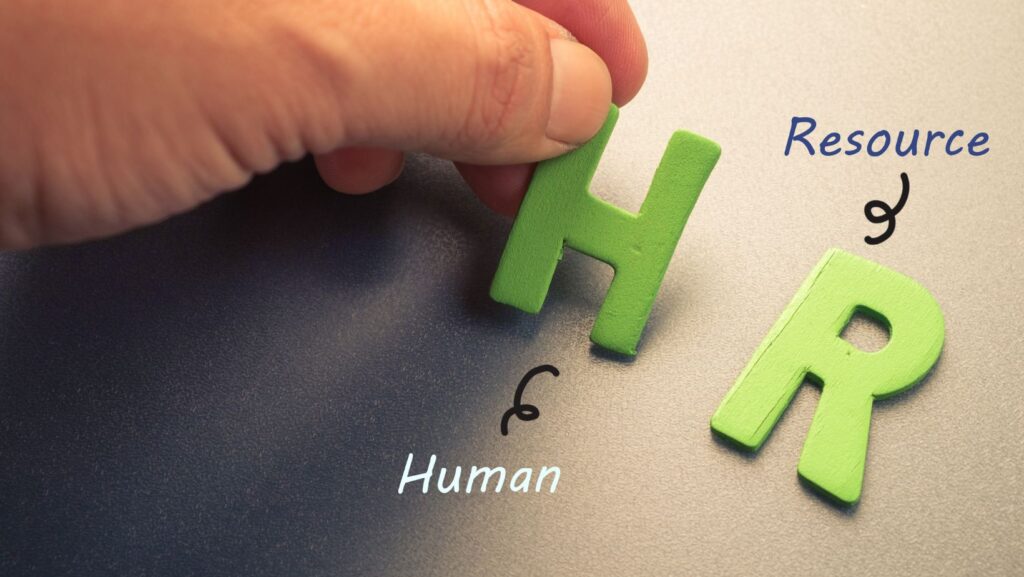The workplace has evolved, and so have employee expectations. Today’s workforce values speed, transparency, and convenience in managing their employment information.
Long gone are the days when staff had to wait for HR to process paper forms or answer simple questions about pay and leave.
Self-service HR tools are reshaping how organizations operate by putting information and control directly into the hands of employees.
These tools allow staff to handle routine HR tasks independently, reducing reliance on HR teams while improving accuracy and engagement.
Their impact extends far beyond saving time; they transform the workplace into a more efficient, transparent, and employee-focused environment.
What Are Self-Service HR Tools?
A self-service hcm software is a digital platform that lets employees manage their own HR-related information.
Accessible via secure portals or mobile apps, they cover functions such as:
- Viewing pay slips and tax documents.
- Requesting time off and tracking balances.
- Updating personal or banking details.
- Enrolling in benefits programs.
- Checking schedules and attendance records.
Reducing HR Workload
One of the biggest advantages is the reduction of routine administrative tasks. HR professionals often spend hours processing simple requests like providing pay stubs or confirming leave balances. With self-service tools, employees can access this information instantly.
Improving Accuracy
Accuracy is vital when managing employee information. Manual entry of address changes, banking details, or benefit enrollments increases the risk of mistakes. Self-service HR tools eliminate this issue by letting employees update their own information directly.

These updates flow automatically across HR and payroll functions, ensuring data is always consistent and current. This not only prevents costly errors but also creates trust among employees who know their information is correct.
Enhancing the Employee Experience
Employee experience has become a priority for organizations. Self-service tools play a central role by offering transparency and convenience. Employees can check pay slips, request leave, or enroll in benefits at any time without waiting for HR.
This sense of control creates a more engaging and positive workplace experience. It also reflects the flexibility employees are accustomed to in other areas of their lives, such as online banking or shopping.
Supporting Remote and Mobile Work
With many employees working remotely or in hybrid environments, traditional HR processes are no longer sufficient. The self-service human resource management system with mobile access allows employees to stay connected wherever they are.
Checking schedules, updating details, or submitting leave requests can all be done on the go. This flexibility not only improves efficiency but also ensures that employees remain engaged, no matter where they work from.
Transparency and Trust
Trust grows when employees have visibility into their information. Self-service HR tools provide real-time access to data like pay, leave balances, and benefits. This transparency reduces confusion and builds confidence in the organization.
Compliance and Security
Employee data must be handled securely and in compliance with regulations. Self-service HR systems provide secure access, reducing reliance on paper processes that are prone to loss or errors. Automated updates also ensure that records remain accurate, while audit trails provide documentation for compliance reviews.
Driving Growth and Efficiency
As organizations grow, manual HR processes become unsustainable. Self-service HR tools scale easily, handling more employees and more data without overwhelming HR staff. From onboarding new hires to managing benefits for larger teams, these tools keep processes efficient as the business expands.

At the same time, the data collected provides insights into trends such as leave patterns, benefit usage, and workforce demographics. These insights help HR and leadership make smarter decisions to support long-term growth.
Conclusion
Self-service HR tools are transforming the workplace by giving employees direct access to their information and routine tasks such as pay slips, leave requests, benefit enrollments, and personal updates. This reduces the workload on HR teams, improves data accuracy, and ensures that records remain consistent across payroll and other functions. By offering transparency and mobile accessibility, these tools enhance the employee experience, support remote work, and build trust within the organization. They also strengthen compliance through secure data handling and provide scalability as businesses grow. Ultimately, self-service HR tools streamline operations, empower employees, and allow HR to focus on strategic initiatives that drive long-term success.

